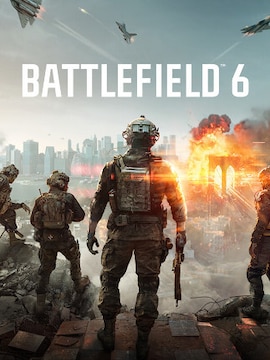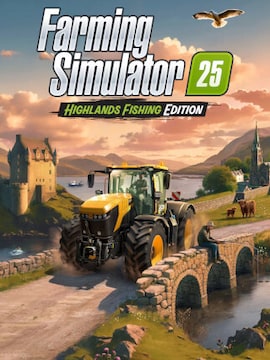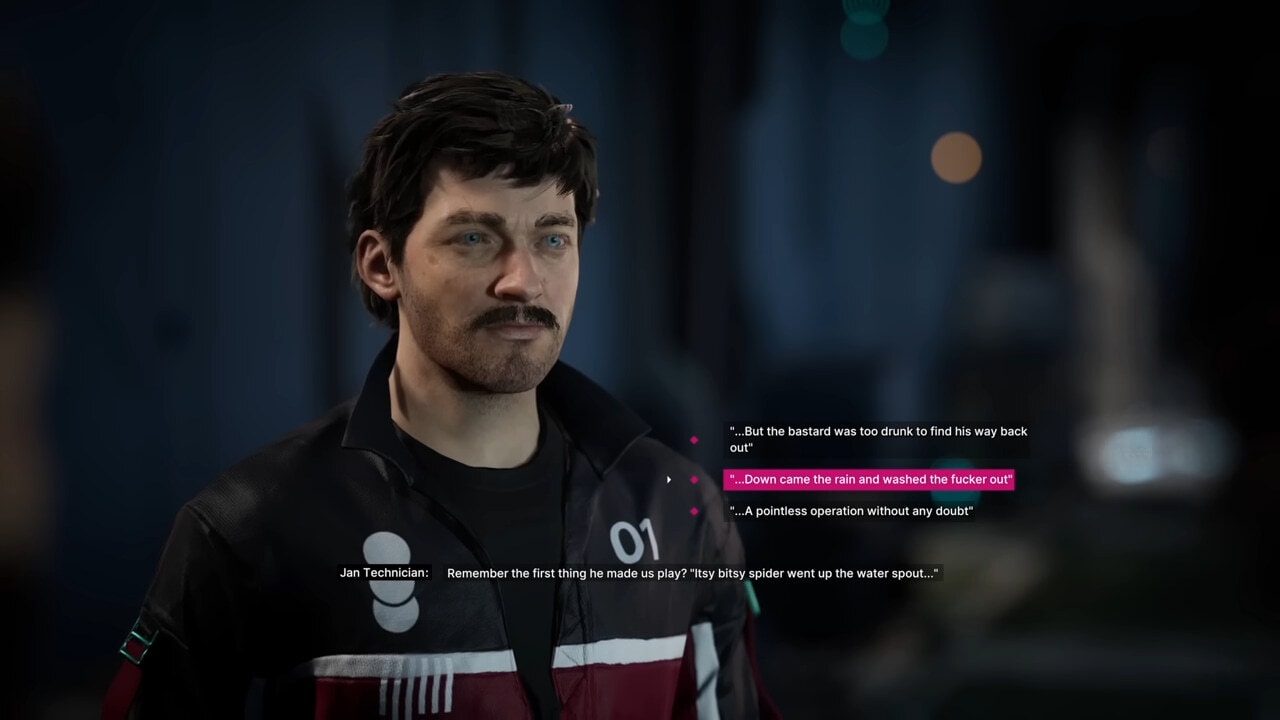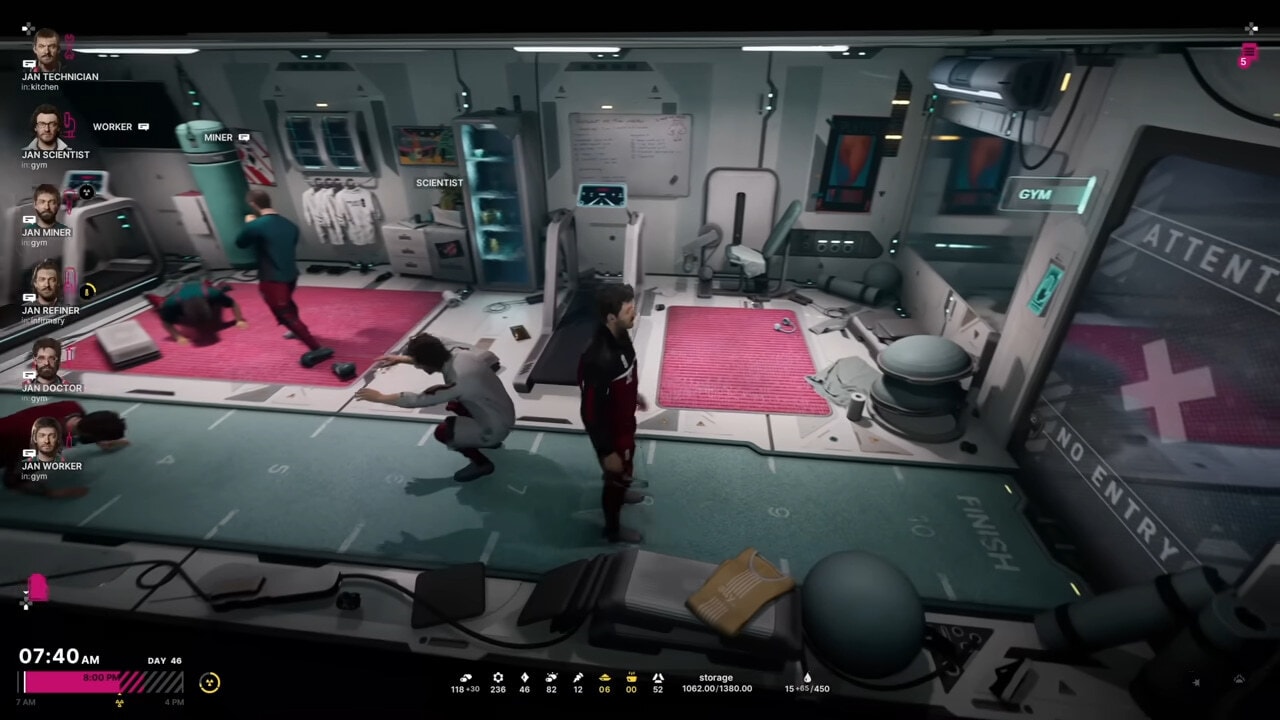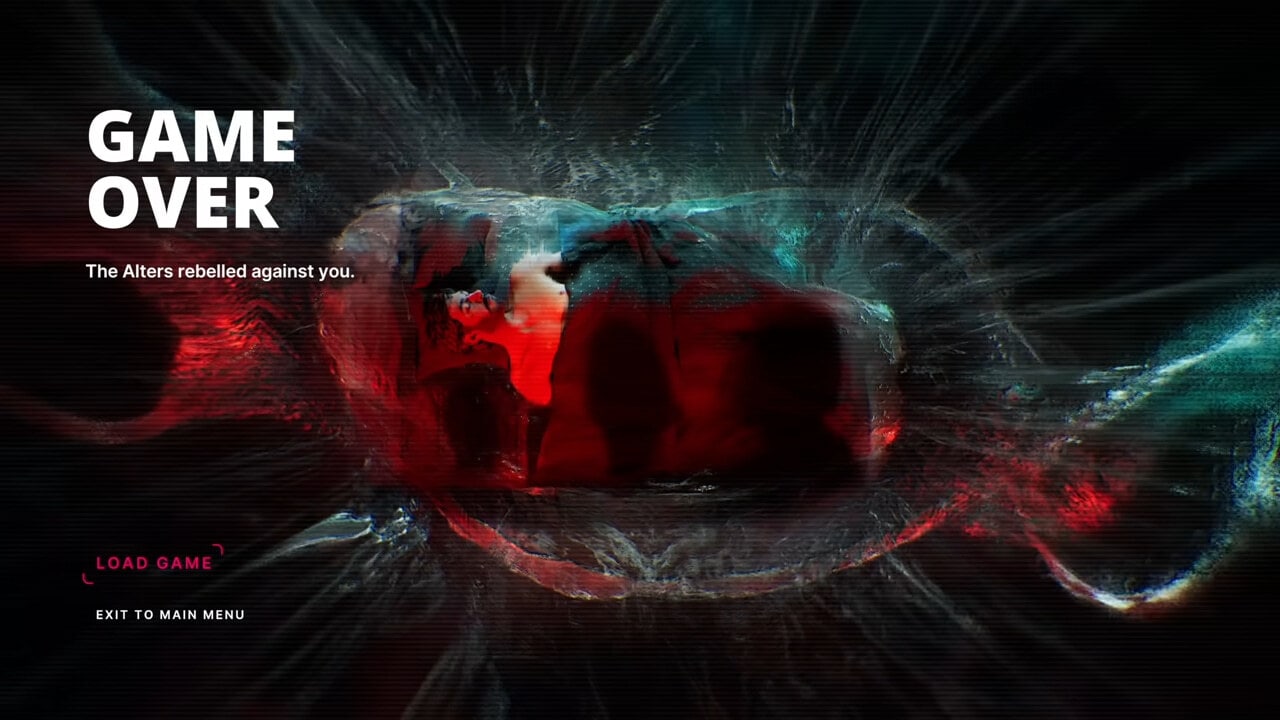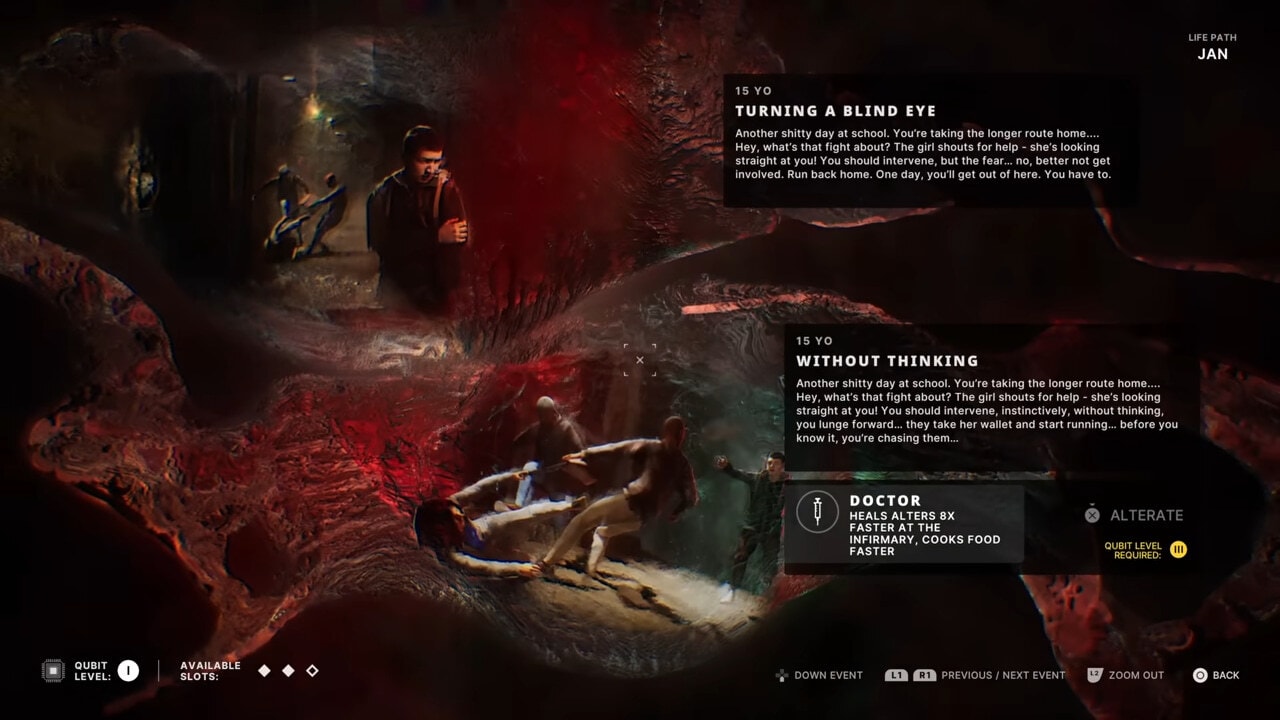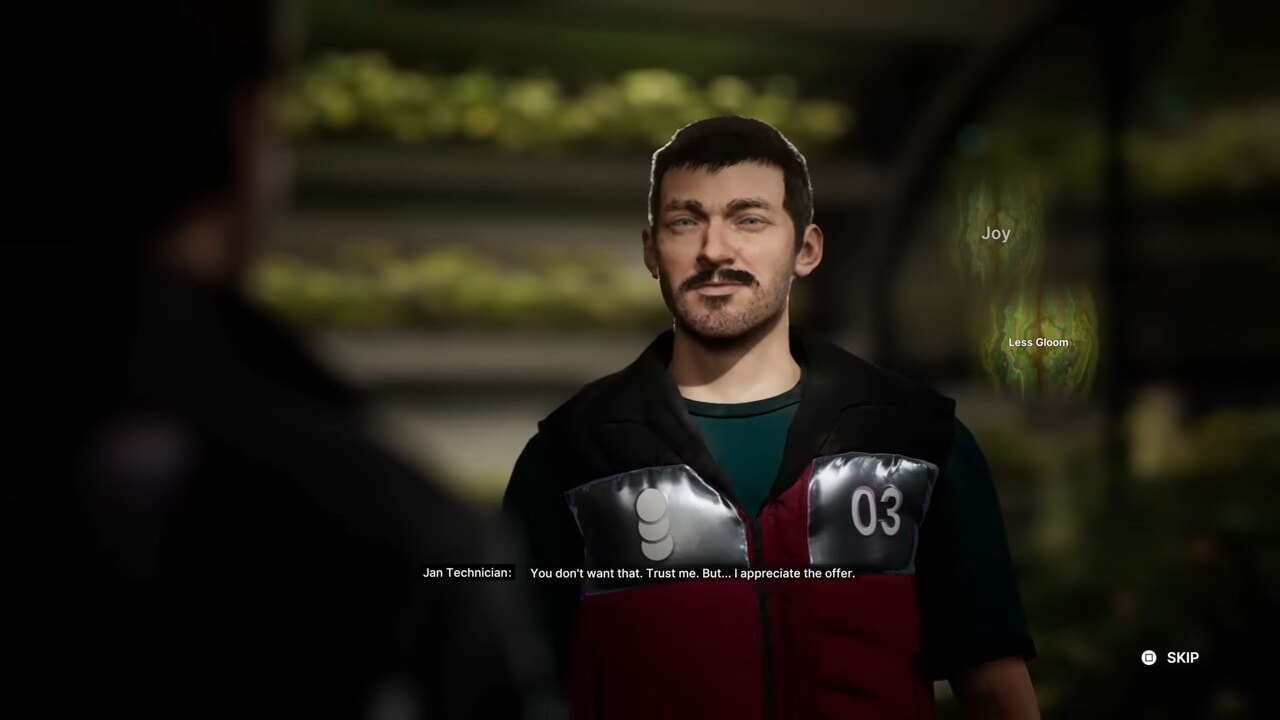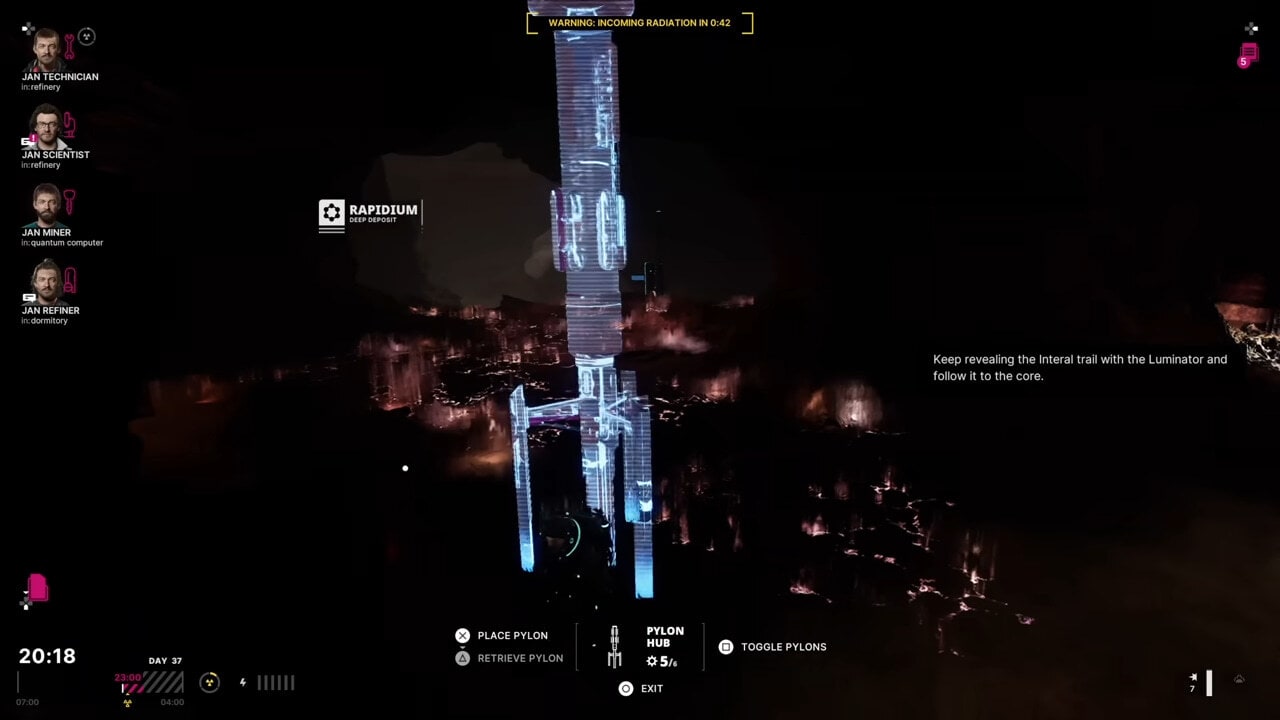Gamers love to talk about meaningful choices. We complain when our decisions barely change anything, or when “multiple endings” just mean a different cutscene before the credits roll. We say we want choices that matter, ones that stick, that shape the story, that force us to think.
After finishing The Alters, I can say this game doesn’t just check that box. It rewrites what meaningful choice looks like. You’re not just picking between good guy and bad guy options or flipping a switch to see what happens. The game throws real questions at you (messy, uncomfortable ones) and then watches how you deal with the fallout.
A Unique Premise With Real Impact
The game, from 11 bit studios (the ones behind Frostpunk and This War of Mine), puts you in the shoes of Jan Dolski, stranded alone on a hostile planet. He stumbles upon a volatile resource called Rapidium that lets him clone himself.
But these clones aren’t copies. Each Alter is a version of Jan who made a different life-changing decision back on Earth. Some are scientists, some are miners, technicians, and more. The entire structure of the game revolves around identity through choice.
Building a Crew From Alternate Pasts
You’re not just making choices in the moment. You’re creating characters based on alternate pasts. What if Jan had picked a different job? What if he chased a dream instead of settling down?
Each Alter brings that version of him to life, with unique skills, flaws, and outlooks. Picking who to bring into the team is itself a major decision. You can go for a small, stable group or create every Alter and juggle the extra tension. Either way, you’re shaping Jan’s past, present, and possible futures at once. It’s a rare case of a game truly putting philosophy into gameplay.
Endings With Weight
The game doesn’t flinch when it comes to consequences. Your choices shape the outcome in real, unpredictable ways. How you deal with Rapidium, who you decide to trust, and how you treat characters like Maxwell, Lena, Agatha, or Lucas all steer the story in different directions.
Some paths lead to comfort at a cost. Others feel like wins on the surface, but leave you questioning what you gave up to get there. The game never spells out a “right” answer, it just follows through on what you chose. And sometimes, what looks like closure comes with a shadow of doubt.
True Consequences and Wild Twists
The Alters constantly reminds you that every decision counts. Some choices feel huge in the moment, others seem small, until they come back around later when it matters most.
You’ll face situations where you have to choose between doing something fast and risky or slow and uncertain. Sometimes it’s about protecting someone. Other times, it’s about protecting yourself. And how much the crew trusts you plays a huge role in how those moments play out. A good relationship might open a door, and strained one might slam it shut. The game doesn’t spell it out, it just reacts.
What makes it really stand out is how even the quieter choices carry weight, like who you bring into your team and how you treat them. What you choose to build first and whether you prioritize food, power, upgrades, or morale. All of the choices shape your story.
One character you barely talked to might later be the one person who could help you and they won’t. A layout decision you made early might turn into a real problem under pressure. The game remembers, and it pushes back. It doesn’t punish you, but it makes sure you feel responsible.
Dialogue That Drives the Story
Dialogues matter just as much. Every Alter has a mental state shaped by your conversations. You see it through green or red bubbles representing emotions like Joy or Rebellion. The Quantum Computer gives you insight into their personalities, helping you keep morale high.
Jan the Technician? He’s insecure. Be supportive, not logical, or you’ll crush his morale. Jan the Miner? Show respect, not pity. Jan the Guard? Stay calm and diplomatic. Jan the Scientist? Appeal to reason, not emotion. Each one reacts based on their worldview, and understanding them is the key to keeping the crew stable.
These conversations affect story paths, unlock events, and change relationships. They make the characters feel human, not like quest givers with a checklist. It’s one of the few games where reading emotional cues isn’t just additional flavor, it’s survival.
Base Management With Narrative Stakes
Even the base building mechanics tie into choices. You only have so many days, and everything takes time. Moving the base, gathering resources, feeding your team, crafting upgrades, repairing gear, avoiding radiation. Every task must be delegated, and who you assign affects how efficiently it’s done.
Each Alter has a role. A Botanist grows food. A Technician keeps systems running. A Miner gets you materials. You can’t create them all in one run, so every choice locks you out of something else. That builds replay value in a smart way.
On top of that, how you balance survival with ethics becomes a mechanic of its own. Do you work your crew to exhaustion to meet a supply deadline, risking rebellion, or do you slow down and risk failing the bigger mission? Do you clone someone just for their skills, knowing they might suffer for it mentally? The game constantly forces you to consider cost versus consequence.
Final Thoughts: This One Actually Delivers
The Alters actually delivers on meaningful choices. You’re making decisions that reshape relationships, outcomes, even the world state. The writing digs deep, and the narrative is built to explore regret, identity, and consequences without hand-holding. And it’s a survival game, but the survival part never overwhelms the story. It complements it. You feel pressure but not tedium. You care about Jan and his team not because the game tells you to, but because they’re written like people.
If you want a game that respects your intelligence and doesn’t hold back, this is it. The Alters gets under your skin in the best way. It’s thoughtful, tense, and honestly one of the best narrative survival experiences out there.

